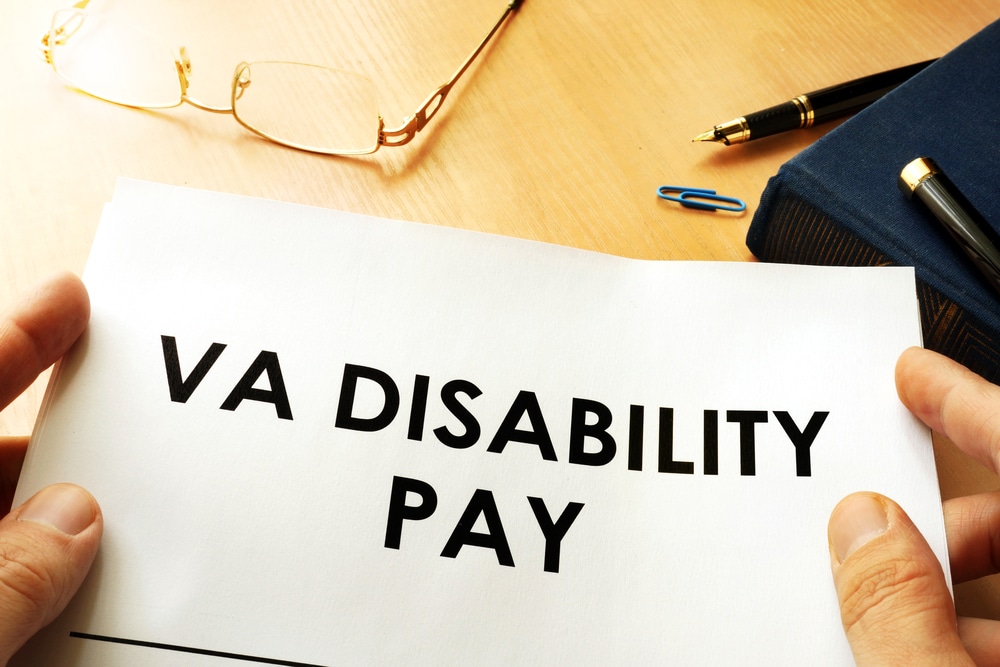
As a VA disability claim attorney, I have seen countless veterans face unnecessary delays and denials because of errors made during the filing process. Applying for benefits through the Department of Veterans Affairs (VA) can feel overwhelming, especially when dealing with complex forms, strict deadlines, and technical requirements. Veterans often believe that providing their medical records alone will be enough to prove their claim, but the VA requires specific evidence, detailed forms, and consistent follow-through. These mistakes not only slow the process but can also reduce the chances of securing the compensation veterans deserve.
The VA system is intended to provide support to those who served our country, yet the burden falls on the veteran to prove that a disability is connected to service. Filing correctly the first time is critical because even small mistakes can result in lengthy appeals or lost benefits. By understanding the common errors veterans make, I can help guide them toward a stronger, more effective claim.
One of the most common mistakes is failing to submit thorough medical documentation. The VA requires proof that the condition exists and that it is connected to military service. Without clear medical evidence from doctors or specialists, the VA may decide that the claim is unsupported. Veterans often assume the VA will automatically gather all of their medical records, but the burden is on the claimant to provide and highlight the necessary documentation.
Strict deadlines apply to disability claims. Missing the time limits for filing an initial claim, an appeal, or supplemental evidence can result in lost benefits. Additionally, using the wrong forms or leaving them incomplete can result in avoidable denials. The VA system is highly procedural, and errors in paperwork give the VA an easy reason to delay or reject a claim.
To succeed, a veteran must prove that the disability is connected to military service. This connection is known as “service connection,” and without it, the claim will not succeed. Veterans sometimes overlook the importance of providing lay statements, buddy statements, or service records that directly connect the condition to active duty. Without clear linkage, the VA may argue the disability is unrelated to service.
Many veterans try to handle the claims process on their own, not realizing how complex it can become. When a claim is denied, veterans often face multiple appeals, hearings, and the need for legal arguments that require knowledge of VA law. Having legal representation early in the process can prevent mistakes and increase the chances of success.
Medical evidence is the foundation of a strong claim. This includes service medical records, private treatment records, and any evaluations from specialists. It is also valuable to include statements from fellow service members or family who can confirm the impact of the disability.
The timeline varies, but initial claims can take several months or more. Appeals often take longer. Providing complete, organized documentation at the start can help reduce delays.
Service connection is the legal link between a disability and military service. Without service connection, the VA will not approve benefits. This connection is proven with medical opinions, service records, or credible lay statements that demonstrate the condition began or worsened during service.
Yes. If a veteran misses a deadline, the VA may treat the claim as abandoned, forcing the veteran to start over and potentially lose retroactive benefits. Timely filing is one of the most important aspects of the process.
The VA often denies claims because of insufficient evidence, unclear service connection, or errors in paperwork. Many denials can be prevented by ensuring that all documentation and forms are accurate and complete.
Yes. Veterans can request a higher-level review, file a supplemental claim with new evidence, or appeal directly to the Board of Veterans’ Appeals. Each path has different requirements, and legal guidance can help determine the best option.
It is not required, but it is highly beneficial. An attorney can help gather the right evidence, present the case effectively, and argue for the highest possible rating. Attorneys also understand the appeals process if the claim is denied.
Yes. Veterans can request an increased rating if a condition becomes more severe. Updated medical evidence is required, and the VA will evaluate whether a higher rating is justified.
At Harold W. Conick & Associates, we fight for veterans who have been unfairly denied disability benefits. We know the mistakes that can harm a claim, and we know how to correct them. Our mission is to secure the compensation that veterans earned through service and sacrifice.
Contact our Chicago veterans disability lawyer at Harold W. Conick & Associates by calling (800) 608-8881 to receive your free case evaluation. We represent veterans throughout Illinois, Indiana, Wisconsin, and across the Midwest. Let us help ensure that every veteran receives the benefits they deserve.